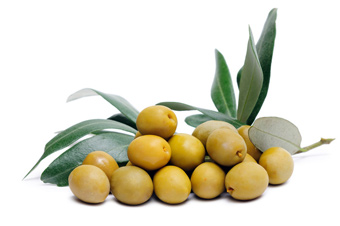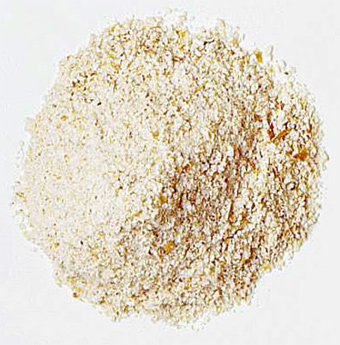Herbal Remedies from the Sunnah
Diet and illness
When discussing health, food and herbal remedies, it is important to remember that diet plays an important role in health. Many illnesses are related to diet, be it a stomach upset for a few days or longer issues relating to weight etc. or blocked arteries etc. According to Islamic tradition, over-eating has always been discouraged and we have been advised to eat small amounts and only filling the stomach two thirds.
The Quran states: And eat and drink and be not excessive (therein). [Surah Al-A'raaf - 7:31]
Ibn Katheer commented upon this verse:
One of the Salaf said: Allah has combined the entirety of medicine (at-tibb) in half a verse, And eat and drink and be not excessive (therein).
Al-Qurtubi commented upon this verse, after mentioning that excessive eating is makrooh (disliked), he mentions the benefits of eating little: In eating little there are many benefits. From them that a man becomes of sounder body, of better memory, purer in understanding, (requiring) less sleep, and lighter in (his) soul
Then Al-Qurtubi mentions the harms of eating excessively: And in eating much there is the overstuffing of the stomach and putrefaction of undigested food, and from this the variety of diseases are produced, and thus he requires treatment more than what the one who eats little requires
Some of the physicians said, "The greatest treatment (dawaa') is (appropriate) estimation of (one's) food (intake)." And the Prophet (saw) has explained this meaning sufficiently and completely which does away with the speech of the physicians, so he said, The son of Adam does not fill a container worse than his stomach. It is sufficient for the son of Adam to take enough morsels of food to keep his back straight (keep him able-bodied). And if it is necessary, then a third for his food, a third for his drink, and a third for his breath.
[An-Nasaa'ee and at-Tirmidhee]
Imaam ad-Dhahabi in his book "at-Tibb an-Nabawi" (p. 34-35).
We hope it is understood that part of seeking a cure requires a person not to just take medicine but also stop taking the foods which make a persons condition worse.
Herbs mentioned in the Sunnah
In this section we have only highlighted certain foods and herbs in general terms to make a person aware of the evidences from the Quran and Sunnah pertaining to them. For the exact medicinal nature of each food or herb we suggest further research is done some of which can be found easily online.
We would also like to remind our readers that in Medicine Dosage and Method are two very important aspects when it comes to searching for a cure and should kept in mind.
Dosage refers to the amount of medicine a person needs to consume for example a teaspoon or 2 tablespoons and the number of times it will be consumed.
Method this refers to how the medicine should be consumed for example first thing in the morning on an empty stomach or with water or after food etc
Dates
Ajwa is a soft dry variety of date fruit from Saudi Arabia. It is cultivated at Madina Monawara. A delightfully soft and fruity date with fine texture.
Read more
Honey
Honey is the natural nectar and concentrated sweetness of flowers converted by bees to a golden rich syrup. The sour of nectar the honey is made from determines its color and flavor, and the best is the light-colored variety of honey.
Read more
Olives & Figs
There is a wealth of knowledge to be found on the medical benefits of Figs and olives and products derived from them like olive oil etc in terms of both dietary and cosmetic benefits.
Read more
Talbina
Talbina is made by adding 1-2 tablespoons of barley flour (must be 100% wholegrain barley flour) to one and a half cups of water. Place on low heat for 10-15 minutes (optional: add coconut/milk or yoghurt and sweeten with honey). This may also be used as a food thickener for gravy, soups, dishes etc.
Read more
Black Seed
The Black Seed is scientifically known as Nigella Sativa, the herd grows about 16-24 inches in height. From it comes a small rectangular Black Seed which is also known as the Blessed Seed (Arab: Habbat ul Baraka, or Habbat ul Sauda).
Read more





